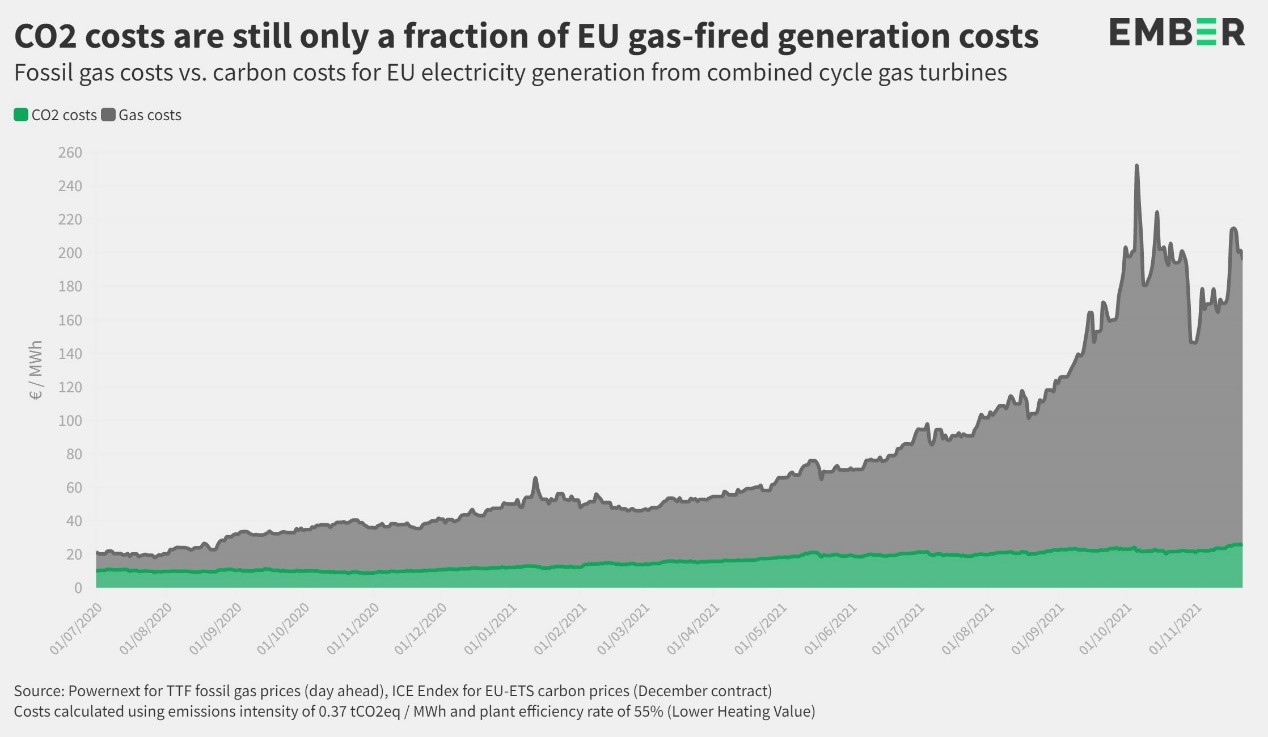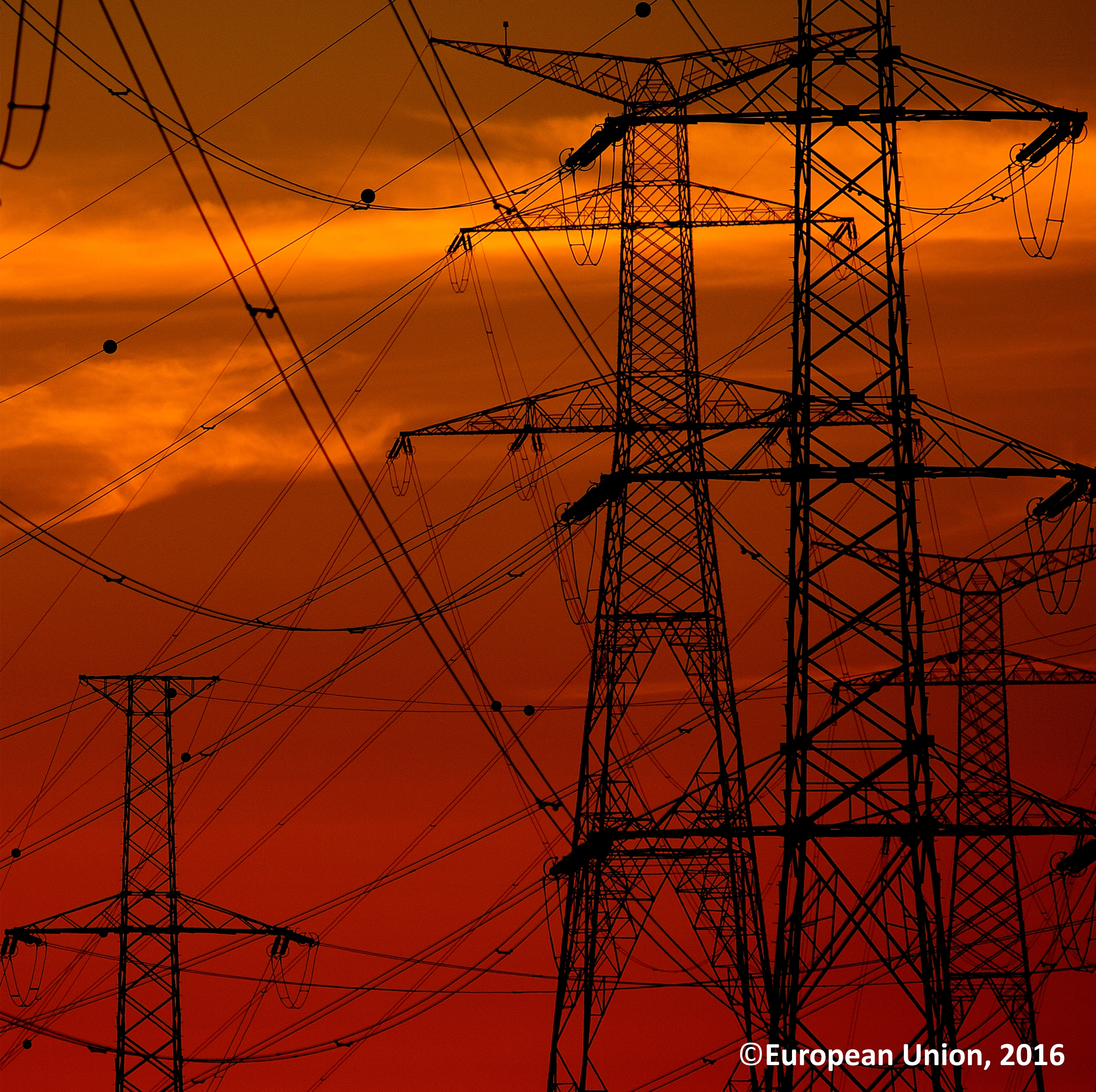Green deal is the solution not the cause / However, targeted changes in ETS useful / 4 points plan against high energy prices
“The main cause of the high-energy prices are our dependence on fossil fuels and the behaviour of Russia.” This was clearly expressed by two key MEPs in a video conference for journalists on Wednesday. Peter Liese and Andrius Kubilius explained that the current increase in the energy price including electricity prices is driven by scarcity of gas, and mainly caused because of Russia’s dominating position on the market and EU’s high dependence on Russian gas. Andrius Kubilius presented clear evidence that activities of Russia in European gas markets result in an unprecedented surge of natural gas prices in the EU.

Mr Kubilius says that the current increase in the energy price, including electricity prices, is driven by the artificial crisis in European gas market. The EPP MEP explained that evidence, collected by International Energy Agency, is showing very clearly that Gazprom in the last quarter of 2021 cut the supply of gas to European markets by 24% if to compare with data of 2020. That resulted in a huge increase of gas prices on European markets. According to Andrius Kubilius, the goal of Gazprom is to fight the implementation of the Green Deal, because it would diminish the consumption of gas in Europe by 60-70% in 2035. For the Kremlin that is a very dangerous perspective and they started the war against Green Deal. The increase of prices is not influenced by the implementation of the Green Deal, but by Gazprom fighting against the Green Deal1.
Liese and Kubilius agree, that the Green Deal is the answer to the problem and not the cause of the problem. “If we shy away from the investments in renewables and energy efficiency, we will perpetuate the problem and continue to be dependent. That´s why we need to invest in renewables and energy efficiency,” stated the environment policy spokesperson of the largest group in the European Parliament (EPP, Christian Democrats) Peter Liese. Liese presented a four points plan against high energy prices2.
The two MEPs agree that reducing taxes and fees for a limited period of time is necessary to address people’s concerns but reductions of taxes and fees on fossil fuels should be really targeted and temporary. In contrast, reductions of taxes and fees on electricity, mainly renewable electricity, should be as strong as possible. “Electricity helps us to decarbonise many processes like heating of buildings and transport. And the high charge of taxes on electricity, including for renewables is standing in the way of the transition and, at the same time hitting low-income families. That´s why reducing taxes and fees is helping with both challenges,” explained Liese.
“The share of the ETS of the current development of the electricity price is very low,” said Liese referring to a market analysis3 and several market experts. “However, it is important to also look at this small part in the desperate situation of many families and companies especially SMEs. Among other things, an increase of the ambition under ETS 1, that is higher than the Commission has proposed, may fuel energy prices further and is thus opposed by EPP. In contrast to ETS 2 where we will see the effect only in 2025, 26 or 27, the increase of the ambition in ETS 1 will trigger an increase of the electricity price immediately, because the system already exists and people would buy more allowances now in the expectation of higher prices in the following years. That´s why we should be ambitious following the Commission proposal, but not over-ambitious like some other groups proposed.”
Finally, the rapporteur for the ETS explained his intention to work on the ETS to make it more predictable and robust against market manipulation: “We need to be careful here because not every solution that looks easy is really helpful. We need targeted interventions after a careful assessment. I could imagine to increase the transparency and surveillance of the market and to change article 29a that enables the Commission to intervene in the market, if the price increase is to sharp.”
1 Find the complete article here: https://lithuaniatribune.com/gazprom-and-green-deal-who-will-win-gazprom-is-manipulating-the-deliveries-of-gas-to-european-markets-why/?fbclid=IwAR0fdpacmqWIFiSQFvC94qxI7EGFLkKQUDJ9DnYDp_Gz4VVEtX2yvJl5O-U.
2 https://www.peter-liese.de/images/Punkteplan-Energiepreise-en.pdf
3 https://twitter.com/EmberClimate/status/1463417175100829697


